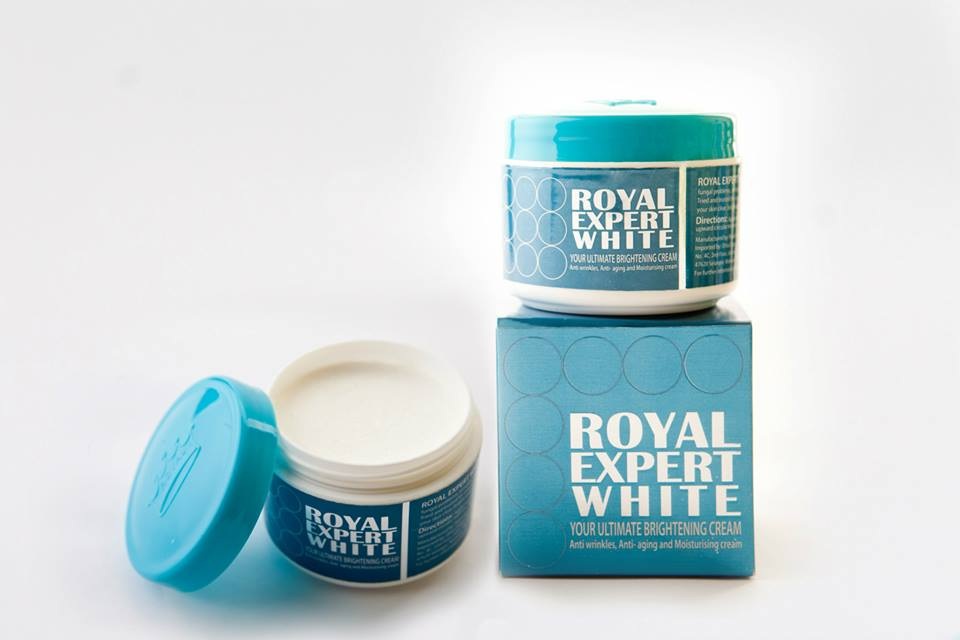The top five reasons everyone should wear sunscreen are as follows:
1. The ozone layer is depleting and your body needs shielding from harmful rays.
2. Skin cancer rates are on the rise and sunscreen has been proven to decrease the development of skin cancer.
3. It helps to prevent facial brown spots and skin discolorations.
4. It also helps to reduce the appearance of facial red veins and blotchiness.
5. It slows down the development of wrinkled, premature aging skin.
Confuse with Sunscreen SPF
However, one of the biggest sources of confusion with sunscreen is Sun Protection Factor, or SPF. A common assumption is sunscreens with an SPF 60 will allow you to stay out in the sun twice as long as an SPF 30. In fact, a sunscreen’s ability to block ultraviolet radiation begins to top out after a certain level. SPF 15 sunscreens block about 93 per cent of UVB rays, the Canadian Cancer Society notes. SPF 30 sunscreens meanwhile block out only slightly more: about 97 per cent of UVB rays. So not twice as effective at all.
SPF refers to the ability of a sunscreen to block ultraviolet B (UVB) rays, which cause sunburns, but not UVA rays, which are more closely linked to deeper skin damage. Both UVA and UVB contribute to the risk of skin cancer.
The SPF rating is a measure of the time it would take you to sunburn if you were not wearing sunscreen as opposed to the time it would take with sunscreen on.
SPF 30 Sunscreen is recommended
"SPF is not a consumer-friendly number," says Florida dermatologist James M. Spencer, MD. "It is logical for someone to think that an SPF of 30 is twice as good as an SPF of 15 and so on. But that is not how it works."
According to Spencer, an SPF 15 product blocks about 94% of UVB rays; an SPF 30 product blocks 97% of UVB rays; and an SPF 45 product blocks about 98% of rays.
"After that, it just gets silly," he says.
Sunscreens with higher SPF ratings block slightly more UVB rays, but none offers 100% protection. Spencer recommends SPF 30 products to his patients.
Some dermatologists think sunscreens really shouldn’t be allowed to promise an SPF higher than 50.
"The high SPF numbers are just a gimmick," Marianne Berwick, a professor of epidemiology at the University of New Mexico, recently told The Associated Press.
The U.S. FDA is working on setting a limit to SPF promises on sunscreen labels, but for now, the Canadian Dermatology Association advises Canadians to aim for an SPF of at least 30. Even a sunscreen with high SPF may not do much if Canadians don’t put enough on, says Toronto-based dermatologist Dr. Paul Cohen.
Often Reapply Sunscreen
Whatever product you choose, experts recommend using a water-resistant sunscreen applied liberally one half hour before going outdoors. Sunscreen should be reapplied at least every two hours or after swimming, drying off, or sweating.
"The best way make sure you are protected is to reapply sunscreen often," Spencer says. "You just can't put it on in the morning and forget about it. I don't care if it's SPF 800 or the best UVA protection, after a few hours it's gone."

ROYAL EXPERT™ WHITE not only brightens your skin but it also removes fungus, pimples and wrinkles from your skin. It also removes any spots from your face even if they are deep in your skin. It renews and clears the skin from all skin problems subsequently its active whitening agents penetrates your skin, leaving your skin bright, glowing and natural. More details....

No comments:
Post a Comment